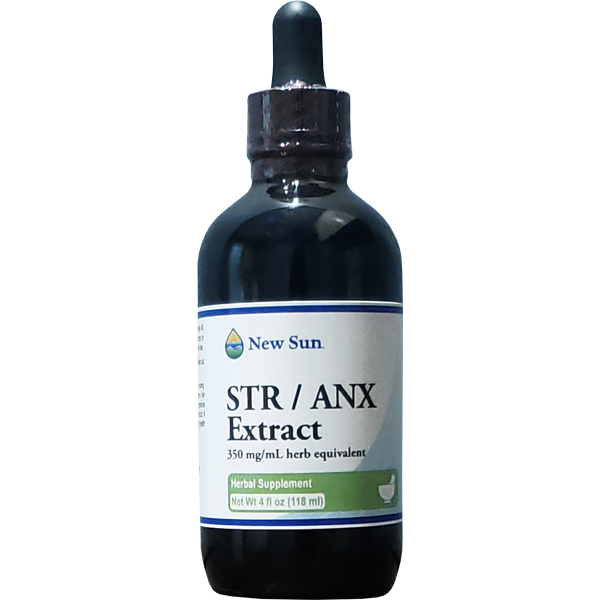Parasites. Does hearing the word make your skin crawl? Parasites can be hard to think about, but parasitic infections in the US are more common than you might think – they can affect up to one-third of our population, according to reports from the CDC and The National Center for Biotechnology Information. Therefore, it’s important to learn what they are, how they’re transmitted, and how to prevent them.
What’s a Parasite?
A parasite is any organism which lives in or on the body of a host, obtains nutrients from that host, and multiplies in a state that either directly or indirectly harms the host.
They can be found anywhere in the world but are most commonly found in tropical or sub-tropical areas that are warm and humid. In the United States, this means they’re usually more prevalent in the Southeast and Southwest, but all parts of the country are susceptible.
Three Common Parasites in the US
While there are many different types of parasites in the world, we’ll cover the three most common here in the US, as well as how they spread and how you can avoid them.
 Toxocariasis. Also known as roundworms, toxocariasis is usually transmitted from pets to people. Cats and dogs can be infected with this parasite, which is expelled through their feces and ends up in dirt. It is estimated that close to 14% of the U.S population has been exposed to roundworms at some point, because so many of us are pet owners.
Toxocariasis. Also known as roundworms, toxocariasis is usually transmitted from pets to people. Cats and dogs can be infected with this parasite, which is expelled through their feces and ends up in dirt. It is estimated that close to 14% of the U.S population has been exposed to roundworms at some point, because so many of us are pet owners.
A common method of transmission is direct contact with the or accidental ingestion of a pet’s excrement, and by outdoor activities such as gardening where you’re working in the dirt.
There are two types of toxocariasis that are of concern to health providers; ocular and visceral.
Ocular toxocariasis happens as a result from movement of the parasite into the eye, which can cause vision problems or blindness.
Visceral toxocariasis happens as a result from movement of the parasite through the organs or tissues, and can lead to severe damage of the liver and other vital organs.
How to prevent toxocariasis

Take your dogs and cats to the vet annually, and keep them on worm preventatives.
Always have your children wash their hands after touching an animal or playing outside, and watch what they put into their mouths. Children are the most common hosts for toxocariasis.
Wash your own hands regularly, especially after cleaning up after your pet, gardening, or spending any extended amounts of time outside.
You can also contract toxocariasis from consuming undercooked or raw meat. While this is uncommon, it’s important to always cook your meat to proper temperatures.
Trichomoniasis. Trichomoniasis is the most common curable STD in the United States. It is estimated that around 3.7 million people in the U.S either are infected or have been infected at some point in their lives. Many people who have it are asymptomatic, making it challenging to diagnose unless regular STD screenings are done. It is easily treated with an antimicrobial medication such as metronidazole or tinidazole, but it is possible to be re-infected. Symptoms, when a person presents with them, can range from general genital redness or soreness, itchiness, and a burning sensation when urinating to unusual discharge.
If symptoms do develop, it can take anywhere from five to 28 days after exposure to notice them. Even if symptoms are not present, the infected individual can still spread the parasite.
Both men and women are at risk for trichomoniasis, but those with more sexual partners are at an increased risk.
How to prevent trichomoniasis
Preventing trichomoniasis is as simple as using condoms consistently and correctly, as well as getting regular sexual health screenings and reporting any unusual symptoms to your doctor for treatment immediately after they develop.
Naturally, abstaining from any sexual activity or practicing monogamy with someone who is regularly tested and screened, will drastically reduce or eliminate your chances of contracting this parasite.
Toxoplasmosis. Although any warm-blooded animal can carry this parasite, cats are the only known host that shed an environmentally resistant form of the organism, called an oocyst, in their feces. Humans contract it through cleaning litterboxes; children can contract it by playing in sandboxes that feral cats have used as litterboxes.
In some cases, consuming raw or undercooked meat can also put you at risk for contracting toxoplasmosis.
Symptoms of infection are general malaise, swollen lymph nodes, and a fever, but some people don’t present with any symptoms at all, or present with some type of eye disease. Once a host is infected with T. Gondii, they are generally infected for life and care must be taken to avoid re-infection.
Those who are most at risk for this parasitic infection are pregnant women and their unborn babies. Other people at risk are the immuno-compromised.
How to prevent toxoplasmosis
Washing your hands after cleaning a litterbox, and disinfecting and sanitizing areas where cats use the restroom or jump on counters is key to helping prevent toxoplasmosis. Unfortunately, at the time of this writing, there has been no vaccine or other treatment developed for preventing the parasite in cats from spreading to humans.
Keeping an eye on children playing outside and getting your cat vetted annually can also help prevent additional parasitic infections from occurring and spreading.
Pregnant women should never clean a litterbox due to high risk of exposure and harm in doing so.
 The Importance of a Parasitic Cleanse
The Importance of a Parasitic Cleanse
As you can see, parasites are more common than you may have thought. It’s important to cleanse our bodies regularly, spring and fall, to reduce and rid them of parasitic infections. We recommend Para-CL for an all-natural, herbal parasitic body cleanse.
Para-CL combines black walnut leaves and hulls, a special blend of cloves, papaya fruit, slippery elm, and other natural ingredients. Historically, black walnut has been used to reduce or treat infestations of parasites in the human body. The finished product is easy for your body to digest and assimilate for cleansing.
Para-CL is available in capsules and as an extract. Please note that we suggest refraining from Para-CL for three months (or more depending on your circumstance) following the use of 3 bottles.
Have more questions about Para-CL or any of our other all-natural products? Just give us a call! We’re always happy to help!
*DISCLAIMER: If you think you have been exposed to or are currently experiencing symptoms of a parasitic infection, see your doctor. The information contained in this article is not intended to be a substitute for medical advice by a professional and is not intended to diagnose or treat any diseases.




